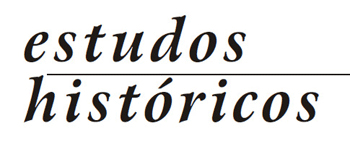This article analyzes the changes in conceptions about charity in the early years of the twentieth century in Brazil, especially in relation to the poor peasants displaced by drought, called migrants. The sources are derived mainly from newspapers, reports and testimonies of contemporaries, as well as parts of daily police capital of Ceará. The positions of the Catholic Church and the State are confronted with movements of migrants themselves, who interpret in different ways the concepts of charity and crime, requiring, in response, changes in policies to assist the poor.
charity; poverty; migrants; criminality.
